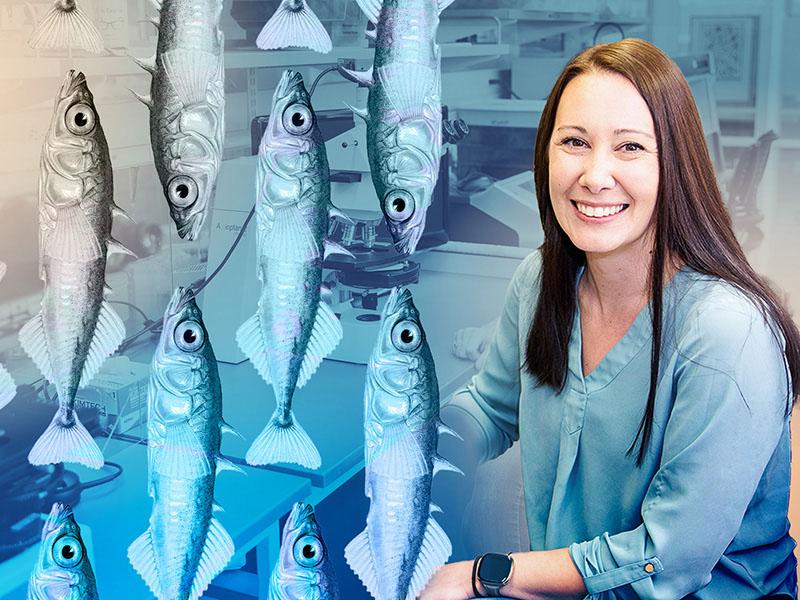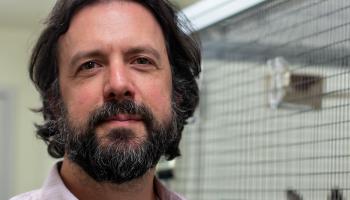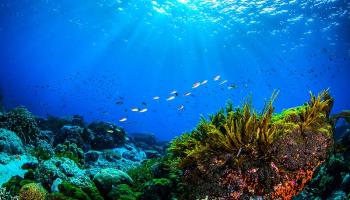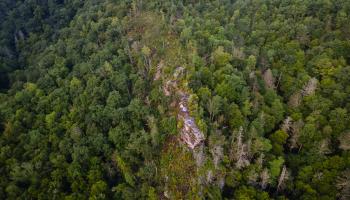Exploring Climate Change’s Hidden Impacts

Massive storms may be nature’s way of warning us of the dangers of climate change, but it may also be sending much more subtle clues. Recently, a $10 million grant from the Paul G. Allen Frontiers Group established the Allen Discovery Center for Neurobiology in Changing Environments, a multi-institutional project involving UC San Diego’s Scripps Institution of Oceanography, the University of Virginia and other institutions to begin looking for some of those clues just off the California coastline.
The center will take a multidisciplinary approach to investigating how climate change may affect the nervous systems and behavior of marine animals. It also will put UVA on the map as a hub for the study of environmental neuroscience, a branch of neuroscience focused on how the environment is shaping organisms not only under natural conditions but also under human-driven conditions like climate change.
Just over $400,000 of the grant will fund the work of Tracy Larson, a UVA neurobiologist and an assistant professor of biology. Larson’s research is focused on understanding how the brains of fish grow over their lifespans, how environmental changes affect that growth and how those changes can affect the behavior of fish.
Larson will work with the center to develop new tools to help scientists better understand the impact of climate change on marine life. Specifically, she is working to design an apparatus that will allow scientists to observe the behavior of a fish called a three-spined stickleback, a species native to the Pacific Coast. Designed to measure the fish’s behavior in the ocean rather than in the lab, this new tool may help researchers better understand how environmental changes are impacting the long-term health of the three-spined stickleback population and their ecosystems.
Larson hopes the grant will help create a roadmap for new avenues of scientific inquiry and open the door to new multidisciplinary research opportunities at UVA that could have increasingly important implications for the future of the planet.
“We’re really hoping to ultimately inform policy change and to develop the tools necessary to evaluate how effective those policies are on the ground,” Larson said. “And UVA is uniquely situated in that there are only a few places in the country where you have such a great collection of neuroscientists, environmental scientists and evolutionary biologists. Then on the policy side, we have a top law school and top policy scholars. UVA is in a position to have a significant impact on these issues.”








